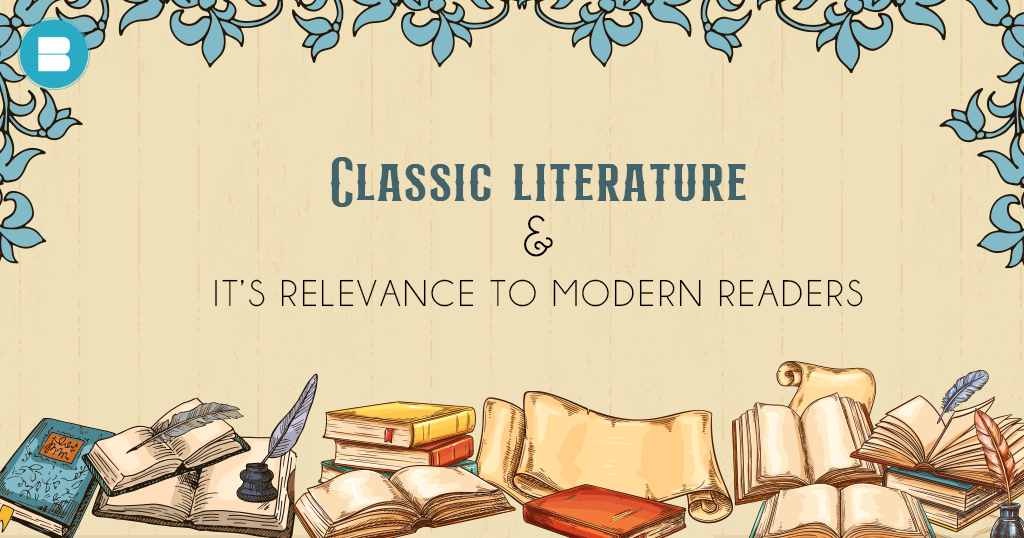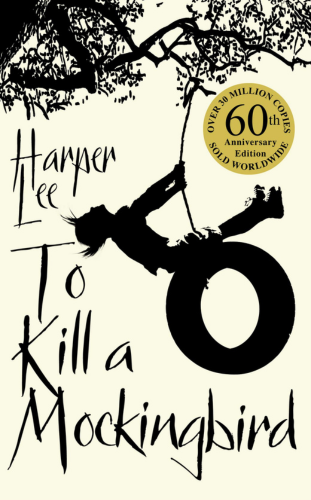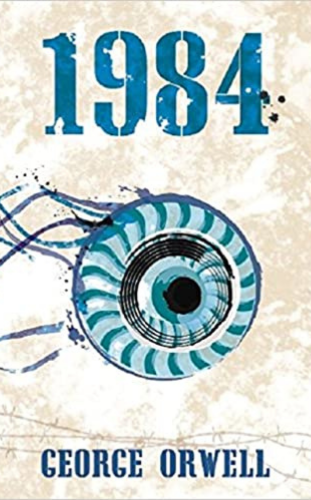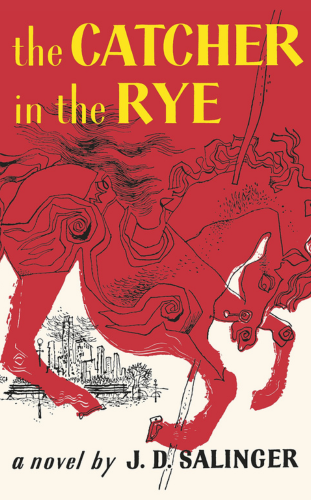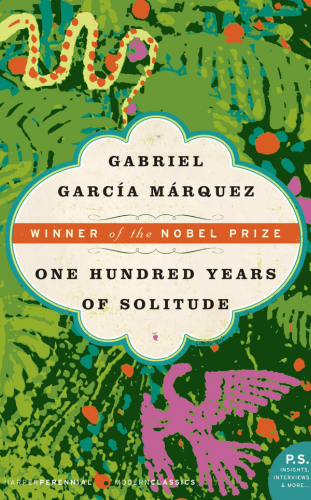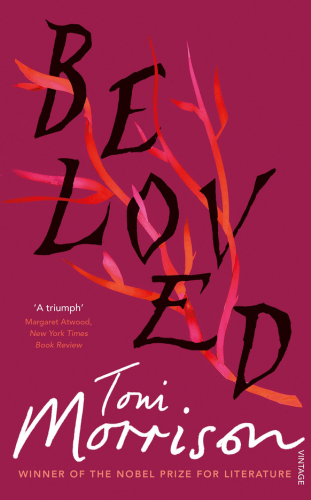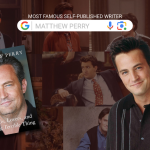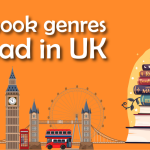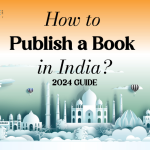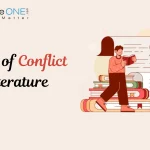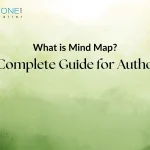What is classic literature?
Classic literature refers to a body of literary works that are widely recognized as being of the highest quality and enduring value. These works are typically considered to be significant contributions to the literary canon and are often taught in schools and universities as examples of excellence in writing. The term covers a much wider array of works than classical literature.
Read: Here’s a list of 10 Most Famous Self-Published Authors in India.
Older books that retain their popularity are almost always considered to be among the classics. This means that the ancient Greek and Roman authors of classical literature fall into this category as well. It’s not just age that makes a book a classic, however. Books that have a timeless quality are considered to be in this category.
Classic literature is often characterised by its enduring appeal, complex themes, and sophisticated use of language. These works often address universal themes such as love, death, human nature, and morality, and are written in a style that transcends the particular time period in which they were written.
How does a book become a classic?
When people talk about “classics” in the book world they tend to be referring to books that have been around for many decades, that have had an impact on many generations of readers and can be read with the same excitement and interest today as they were when they were written.
You may also read: What is Situational Irony? Definition, Examples and Tips for Writers
What adds to Literature for it to be termed as Classic?
For a work to be widely acknowledged as a classic, it must attain a set of lofty standards in terms of its exceptional quality, allure, lasting impact, and profound influence. These shared benchmarks are crucial to distinguish a masterpiece from an ordinary creation, as they represent the pinnacle of artistic achievement that can withstand the test of time.
- Communicates an artistic quality The expression of life, truth, and beauty may be found in classic literature. At the very least for the era it was written, it must be of very high creative calibre. The construction and literary skill of a classic may be admired despite the ebb and flow of various literary trends. Due to the pace and archaic language, it may not be a bestseller today, but you may still learn from and be moved by its eloquence.
- Tests Well with Time A work of classic literature is typically regarded as a representation of the time it was written, and thus merits permanent praise.
- Has a Wide Appeal Classic literature incorporates themes that readers from a variety of backgrounds and levels of experience can understand, great literary works have the power to move readers to their very core. Examples of themes that touch on some of our most fundamental emotional reactions are love, hatred, death, life, and faith. Despite the period gap, you may still identify with the characters and circumstances in great works by Jane Austen and Miguel de Cervantes Saavedra. A classic may really shift your perspective on history by illuminating how little our fundamental nature as humans has changed.
- Establishes Contacts Studying a classic can help you identify authors and other great works of literature that it was influenced by. Of course, this has something to do with the fact that a classic has a worldwide appeal. Classics constantly draw inspiration from earlier works of literature and thought, whether this is done unintentionally or on purpose.
You may also like: How Book Editing Can Turn Your Story into a Bestseller?
Modern Literature
What is modern literature?
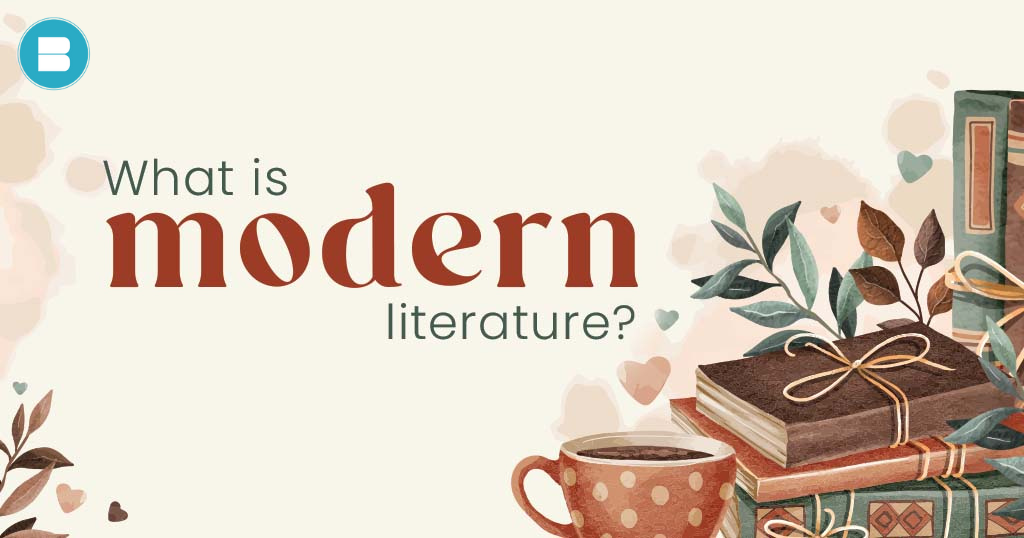
The term “modern literature” relates to the late nineteenth and early twentieth century modernist movement. During this time, literature was created, discussed, and spoken. To impart the essence of both prose and verse, it was divided. Today’s writers experiment more, taking the chance to produce something cutting-edge.
Their efforts are not just focused on revolution or love. They have talked on a number of topics, including the environment, the future, art, matter, love, and grief. They want to have an impact on others via their work and creativity. Making people comprehend others and how to function in society is another goal.
Literature from the 20th and 21st centuries is referred to as modern literature, and it spans a variety of genres and aesthetics. Here are some illustrations of contemporary writing:
You may also like: How to Publish a Book? | Publish Your Book | BlueRoseOne
“To Kill a Mockingbird” by Harper Lee is considered a classic due to its enduring relevance and impact on readers across generations. The novel was first published in 1960, and since then it has become a staple in the canon of American literature, with its themes of racism, prejudice, justice, and morality resonating with readers worldwide.
One of the main reasons why “To Kill a Mockingbird” has become a classic is its universal appeal. The novel explores complex issues that are still relevant in today’s society, such as the effects of racism and inequality on individuals and communities. The story is set in the Deep South during the Great Depression, and it portrays the injustices faced by African Americans during that time period.
“1984” by George Orwell is considered a classic for several reasons. First and foremost, it is a highly influential work of dystopian fiction that has had a significant impact on popular culture and political discourse. Orwell’s vision of a totalitarian state that controls every aspect of its citizens’ lives has become an enduring cultural touchstone, inspiring countless works of literature, film, and art.
Another reason why “1984” is a classic is that it explores universal themes that are relevant to readers of all generations. Orwell’s portrayal of a society where individuality and free thought are suppressed speaks to the fundamental human desire for freedom and self-expression.
Moreover, the novel’s warning about the dangers of government surveillance and propaganda has become increasingly relevant in the age of digital technology and social media.
You may also read: The Mighty Red by Louise Erdrich: A Deep Dive into Her Latest Novel
“The Catcher in the Rye” by J.D. Salinger is considered a classic for several reasons. First and foremost, it is a timeless coming-of-age novel that explores the complexities of adolescence and the struggles of growing up. Its protagonist, Holden Caulfield, is an icon of teenage rebellion and alienation. The novel captures the angst and confusion of adolescence in a way that is both raw and relatable.
Another reason that “The Catcher in the Rye” is considered a classic is its literary style. Salinger’s use of colloquial language and informal, conversational tone was groundbreaking at the time of its publication in 1951. The novel’s narrative structure is also notable for its nonlinear, stream-of-consciousness approach, which reflects Holden’s scattered and fragmented thought process.
You may also like: How to Become a Writer: A Step-by-Step Guide for Authors
Firstly, the novel is an excellent example of magical realism, a literary genre that combines realistic narrative with magical elements, making it a groundbreaking work in the history of Latin American literature. Marquez’s use of magical realism creates a unique atmosphere and tone, which helps to convey the novel’s themes and messages in an original and compelling way.
Secondly, One Hundred Years of Solitude is a multigenerational family saga that spans several decades, making it an epic novel.
Marquez presents the history of the Buendia family, whose members are all entangled in the history of the fictional town of Macondo. Through their stories, the novel explores larger themes such as the cycle of life and death, the role of fate, and the relationship between individual and collective memory.
You may also like: Top 10 Types of Novels That Dominate Bestseller Lists
You may also like: Top 15 Best Post Apocalyptic Books You Must Read
“Beloved” by Toni Morrison is considered a classic for several reasons. First and foremost, it is a powerful and profound exploration of the African American experience, specifically the trauma of slavery and its aftermath. Morrison’s writing is poetic and evocative, and she employs a nonlinear narrative structure that jumps back and forth in time to create a sense of the cyclical nature of history and memory.
Another reason “Beloved” is considered a classic is the way in which it engages with broader themes and ideas that transcend time and place. For example, the novel deals with the universal human experience of grief and loss, as well as the complex relationships between mothers and daughters, and the enduring power of love.
What makes classic literature different from modern literature?
Ah, the difference between classic and modern literature – an age-old question, yet still as relevant as ever!
If we were to describe classic literature and modern literature as two individuals, they would be like two very different people with unique personalities, habits, and ways of thinking.
Classic literature is like that wise, old grandparent who has lived a long life and has a wealth of experience and wisdom to share. It is often written in a more formal style with intricate sentence structures and a rich vocabulary. Classic literature typically explores timeless themes such as love, death, morality, and the human condition, and it often reflects the societal norms and values of the time it was written.
Read: Here’s a list on what are the main elements of Creative Writing.
On the other hand, modern literature is like that young, adventurous friend who is always trying new things and pushing boundaries. It is often written in a more colloquial style with simpler language and shorter sentences. Modern literature tackles more contemporary issues such as technology, identity, and social justice, and it often challenges the traditional norms and values of society.
While classic literature tends to focus more on the internal struggles and emotions of its characters, modern literature tends to emphasise the external forces that shape their lives. Classic literature aims to provide insight into the universal human experience, while modern literature aims to comment on the current state of society.
In short, classic literature is like a beautiful, old tapestry that has been woven over time, while modern literature is like a bold, new painting that is still being created. Both are important and valuable in their own ways, but they offer different perspectives on the world we live in.
You may also read: Top 15 Short Novels to Read in a Weekend
Why is reading classical literature vital for readers today?
Classic literature provides a window into different time periods, cultures, and worldviews. By reading works written in the past, modern readers can gain a deeper understanding of history and the ways in which societies have evolved over time.
Classical literature often explores timeless themes and universal human experiences such as love, loss, and personal growth. By reading these works, modern readers can gain insights into their own lives and the human condition.
Classic literature is often considered the foundation of modern literature, and reading it can provide a deeper appreciation for contemporary works. Many modern authors draw inspiration from classic literature, and being familiar with these works can provide a richer understanding of modern storytelling.
Reading classic literature can also help to develop critical thinking and analytical skills. These works often require careful reading and analysis to fully understand the themes and ideas presented, and engaging with them can help to develop these important cognitive skills.
You may also like: Positive Character Traits And Why They Are Crucial
Relevance of classic literature to modern readers –
Classic literature may seem outdated and irrelevant to some modern readers, but its importance and relevance cannot be overstated. The works of classic literature are timeless and offer valuable insights into human nature and the human experience that still resonate with readers today.
For example, the themes of love, loss, and the pursuit of happiness explored in Jane Austen’s “Pride and Prejudice” are still relevant to modern readers. The novel’s portrayal of societal expectations and the struggle to find one’s own identity is something that many readers can still relate to.
Likewise, the critique of totalitarianism and the importance of individual freedom in George Orwell’s “1984” are as relevant today as they were when the novel was first published. The novel’s warnings about the dangers of authoritarianism and the importance of resisting oppression are particularly relevant in today’s political climate.
Read: Learn What is Hybrid Publishing? Is Hybrid Publishing really worth it.
Classic literature offers a wealth of insights and perspectives that can help modern readers better understand themselves and the world around them. By exploring these timeless works, readers can gain a deeper appreciation for the complexities of the human experience and the enduring themes that connect us all.
It also aids in our self-understanding. Because reading a lot helps us understand the universal aspects of the human experience rather than being constantly inside our own heads, it often results in greater empathy.
Publish your book for free with BlueRoseONE and become a bestselling author. Don’t let your dream of becoming an author fade away, grab the opportunity now and publish your book – be it fiction, non fiction, poetry or more.

